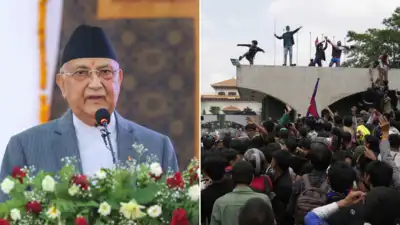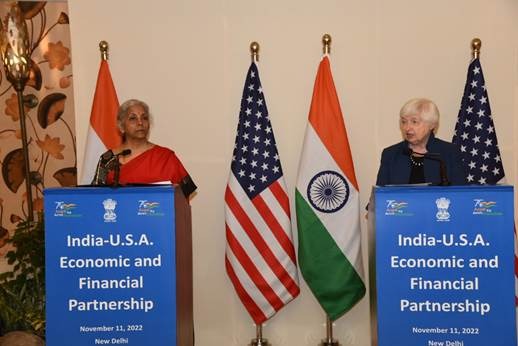 Image Source: Times of India
Image Source: Times of India
In a dramatic turn of events, Nepal’s Prime Minister K.P. Sharma Oli has officially resigned following days of violent anti-corruption protests that swept across the country. The resignation was confirmed by a senior aide late Tuesday evening, marking the end of Oli’s turbulent tenure and signaling a potential shift in Nepal’s political landscape.
The protests, largely led by Gen Z activists and university students, erupted after the government imposed a controversial ban on several social media platforms, including Facebook, WhatsApp, and X (formerly Twitter). What began as digital dissent quickly escalated into nationwide demonstrations, fueled by long-standing frustrations over corruption, nepotism, unemployment, and authoritarian governance.
Protests Turn Deadly, Cabinet Crumbles
The unrest reached a boiling point on September 8, when violent clashes between protesters and police left at least 19 people dead and over 300 injured across Kathmandu and other major cities2. The government’s response—deploying riot police, enforcing curfews, and issuing shoot-to-kill orders—was widely condemned by human rights organizations and opposition leaders.
In the wake of the violence, several key ministers resigned, including Home Minister Ramesh Lekhak and Agriculture Minister Ram Nath Adhikari3. Their departures intensified pressure on Oli, who initially resisted calls to step down, blaming “ambiguity between the thinking of our Gen-Z generation” for the unrest.
However, mounting public outrage, international scrutiny, and internal dissent within the ruling coalition ultimately forced Oli’s hand. His resignation was submitted during an emergency cabinet meeting held at his official residence in Baluwatar, according to sources close to the Prime Minister’s Office.
Gen Z Revolution: A Youth-Led Uprising
The protests have been dubbed the “Gen Z Revolution” by local media, reflecting the central role played by young Nepalis in organizing and sustaining the movement. Demonstrators used encrypted messaging apps and VPNs to coordinate rallies, share footage of police brutality, and amplify their demands for transparency and reform.
“We were triggered by the social media ban, but that’s not the only reason we’re here,” said 24-year-old student Yujan Rajbhandari. “We are protesting against corruption that has been institutionalized in Nepal”.
Another protester, 20-year-old Ikshama Tumrok, added: “We want to see change. Others have endured this, but it has to end with our generation”.
The movement gained momentum as protesters torched government buildings, blocked roads with burning tires, and stormed the residences of top officials, including Oli’s private home and the homes of several cabinet ministers.
Political Fallout and What Comes Next
Oli’s resignation leaves a power vacuum in Nepal’s fragile political system. The ruling coalition, already fractured by ministerial resignations, is expected to nominate an interim Prime Minister in the coming days. Opposition parties, including the Nepali Congress and the Maoist Centre, have called for fresh elections and a national dialogue to restore stability.
Meanwhile, the Kathmandu District Administration has extended curfews across the capital and neighboring districts, citing “unprecedented security concerns.” Flights at Tribhuvan International Airport were suspended temporarily, and schools and universities remain closed4.
The government has promised a full investigation into the violence, with a committee expected to submit its findings within 15 days. Relief packages and free medical treatment have been announced for victims and their families.
Global Reaction and Regional Implications
International observers have expressed concern over the situation in Nepal, urging restraint and dialogue. The United Nations Human Rights Office condemned the use of lethal force and called for accountability. India, Nepal’s closest neighbor, has offered diplomatic support and urged all parties to uphold democratic principles.
Oli’s resignation marks a pivotal moment in Nepal’s democratic journey. As the country grapples with political uncertainty, the Gen Z-led uprising has demonstrated the power of youth activism in shaping national discourse and demanding accountability from those in power.
Sources: MSN News:, The Week
Advertisement
Advertisement







